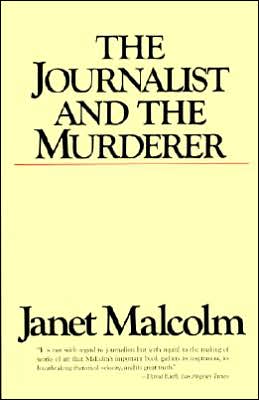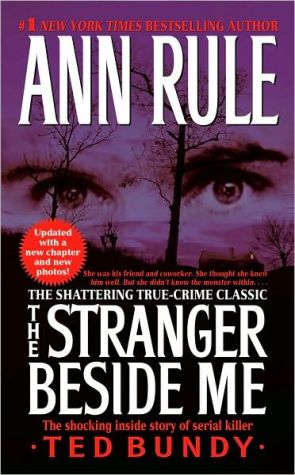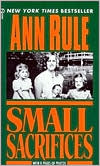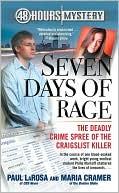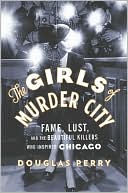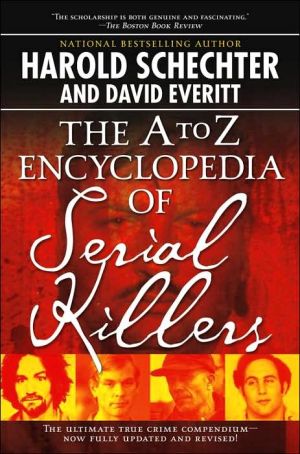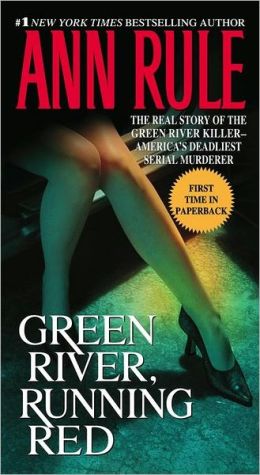The Journalist and the Murderer
In two previous books, Janet Malcolm explored the hidden sides of, respectively, institutional psychoanalysis and Freudian biography. In this book, she examines the psychopathology of journalism. Using a strange and unprecedented lawsuit as her larger-than-life example — the lawsuit of Jeffrey MacDonald, a convicted murderer, against Joe McGinniss, the author of Fatal Vision, a book about the crime — she delves into the always uneasy, sometimes tragic relationship that exists between...
Search in google:
In two previous books, Janet Malcolm explored the hidden sides of, respectively, institutional psychoanalysis and Freudian biography. In this book, she examines the psychopathology of journalism. Using a strange and unprecedented lawsuit as her larger-than-life example — the lawsuit of Jeffrey MacDonald, a convicted murderer, against Joe McGinniss, the author of Fatal Vision, a book about the crime — she delves into the always uneasy, sometimes tragic relationship that exists between journalist and subject. In Malcolm's view, neither journalist nor subject can avoid the moral impasse that is built into the journalistic situation. When the text first appeared, as a two-part article in The New Yorker, its thesis seemed so radical and its irony so pitiless that journalists across the country reacted as if stung.Her book is a work of journalism as well as an essay on journalism: it at once exemplifies and dissects its subject. In her interviews with the leading and subsidiary characters in the MacDonald-McGinniss case — the principals, their lawyers, the members of the jury, and the various persons who testified as expert witnesses at the trial — Malcolm is always aware of herself as a player in a game that, as she points out, she cannot lose. The journalist-subject encounter has always troubled journalists, but never before has it been looked at so unflinchingly and so ruefully. Hovering over the narrative — and always on the edge of the reader's consciousness — is the MacDonald murder case itself, which imparts to the book an atmosphere of anxiety and uncanniness. The Journalist and the Murderer derives from and reflects many of the dominant intellectual concerns of our time, and it will have a particular appeal for those who cherish the odd, the off-center, and the unsolved. Publishers Weekly In a work that sparked controversy when it first appeared in the New Yorker, Malcolm suggests that journalist Joe McGinniss may have betrayed convicted murderer Jeffrey MacDonald in McGinniss's bestselling book Fatal Vision.
\ Publishers Weekly - Publisher's Weekly\ In a work that sparked controversy when it first appeared in the New Yorker, Malcolm suggests that journalist Joe McGinniss may have betrayed convicted murderer Jeffrey MacDonald in McGinniss's bestselling book Fatal Vision.\ \ \ \ \ Library JournalEvery journalist is "a kind of confidence man . . . gaining . . . trust and betraying . . . without remorse,'' says Malcolm. This is an expanded and reworked version of Malcom's New Yorker essay on the "pscyhopathology'' of the journalist/subject relationship, sparked by Jeffrey MacDonald's libel suit against Fatal Vision author Joe McGinniss. Even nonjournalists will be fascinated by Malcolm's discussion of the still puzzling MacDonald case; McGinnis's rather two-faced missives to the imprisoned MacDonald; and Joseph Wambaugh's libel trial testimony about journalistic "untruths.'' In an afterword, Malcolm comments on the heated debate her essay invoked in the journalism community, and concludes that, like it or not, every journalist must, to some degree, tussle with this ethical dilemma. An elegantly written, thought-provoking, and sometimes outrageous essay that should be in every media collection. \ -- Judy Quinn, Library Journal\ \
